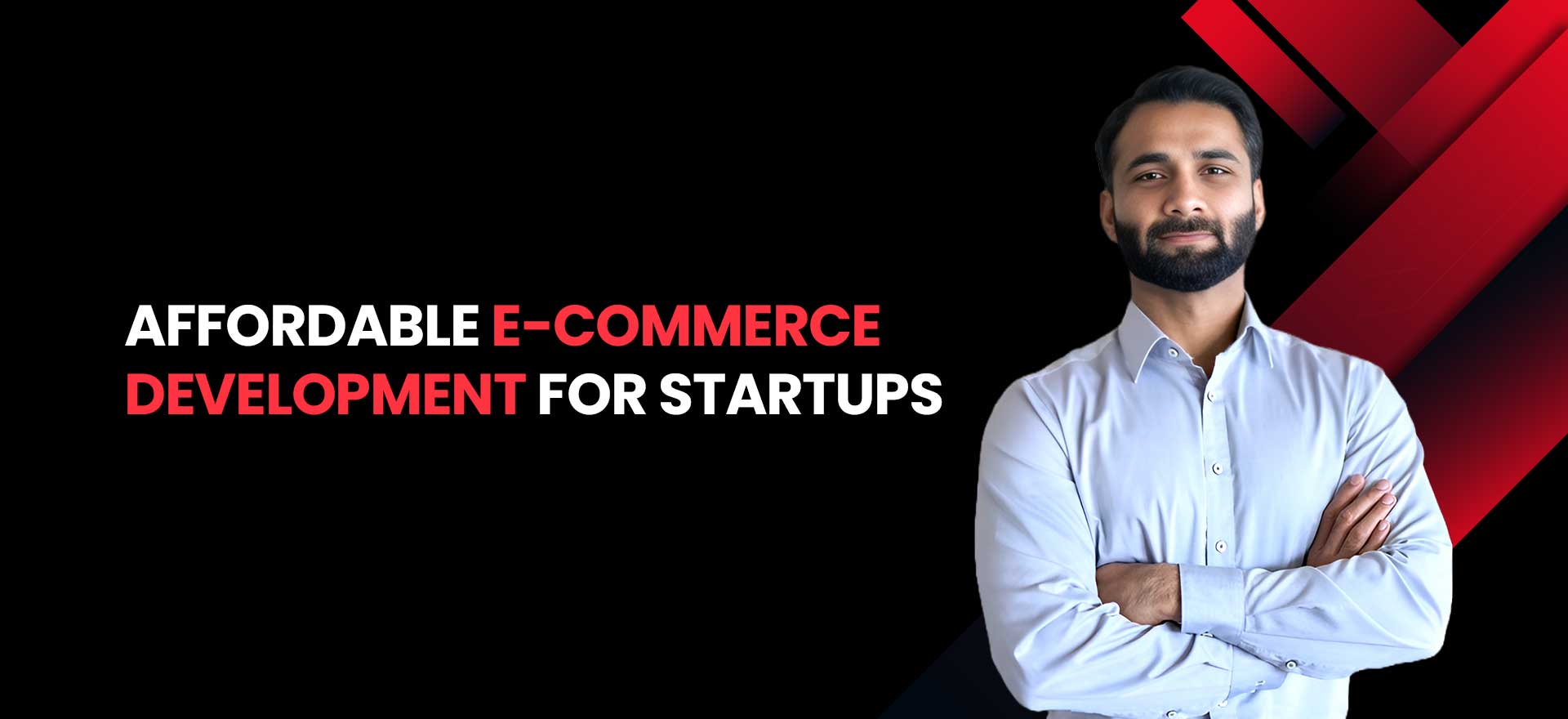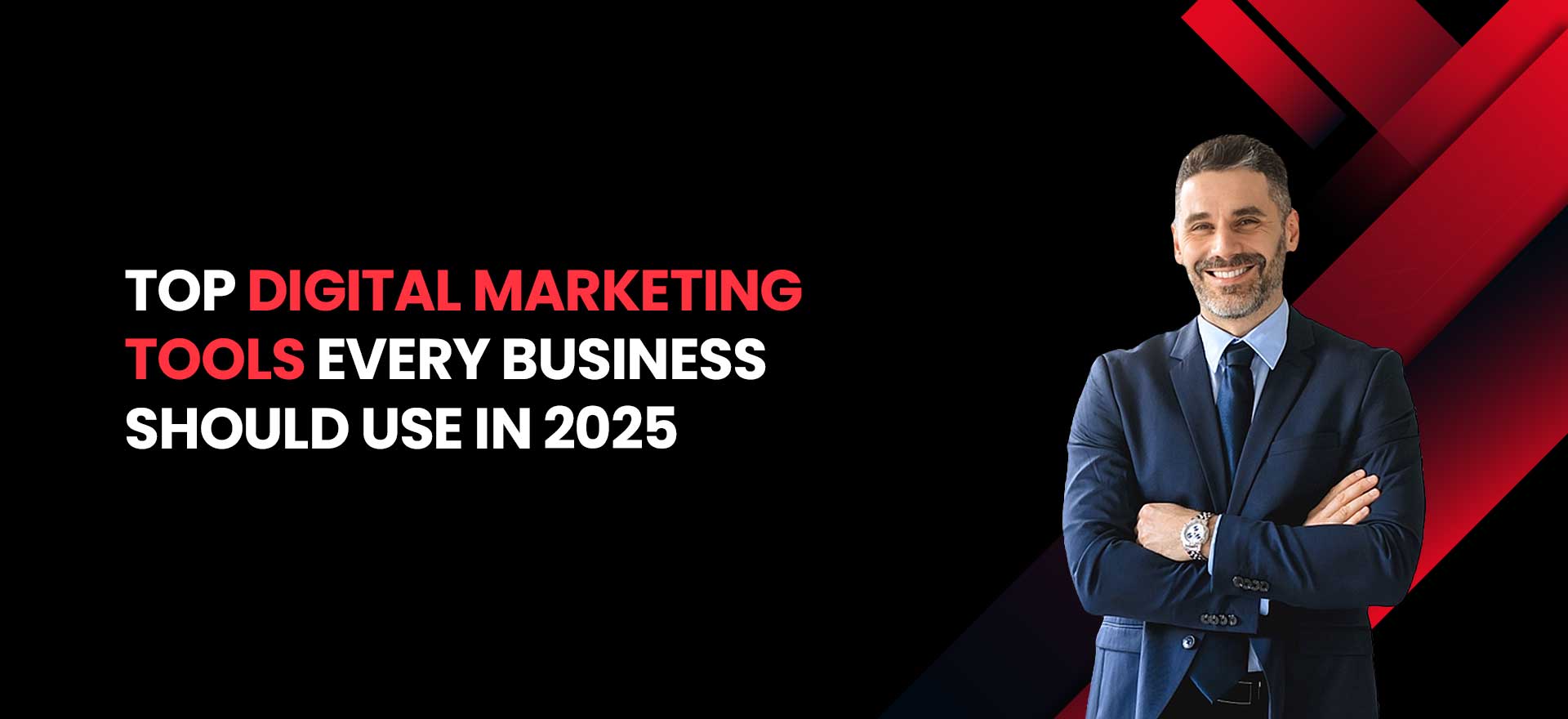Digital-first business models are taking an edge among startups as global online sales soar. However, this proves difficult for startup firms that struggle with the feasibility versus functionality dilemma. This is where the concept of cheap e-commerce development lurks, providing startups of all sorts with unique solutions without burning their pockets.
With the fast unpredictability of any digital landscape, creating a scalable, high-performing e-commerce site is not an option anymore; rather a must. Extended by right development strategies and some savvy platforms, such tools empower startup owners to enter a worthy place in the global market and provide satisfactory shopping experiences to their users without breaking the bank.
Increasing Demand for Affordable E-Commerce Development

Startups are marked by lack of resources but enormous aspirations. Thankfully, affordable e-commerce solutions empower them to compete with large brands using technologies with a low entry cost and a scalable nature like cloud computing, AI, and mobile-first platforms.
E-Commerce Development – Industry Overview
- Global e-commerce sales reached $5.2 trillion in 2023 and are forecasted to hit $6.3 trillion in 2024.
- Mobile commerce is booming, with 72.9% of total sales expected to come from mobile by the end of 2024.
- 73% of consumers use multiple channels before purchasing, highlighting the need for omnichannel support.
- AR, AI, and social commerce are driving new experiences, making custom online store development a necessity rather than a luxury.
Startups tapping into e-commerce website for startups must prioritize solutions that offer flexibility, efficiency, and fast deployment, especially in regions like Asia-Pacific, where growth is accelerating.
Budget-Friendly E-Commerce Development Trends
1. Cloud-Based E-Commerce Platforms
Clouds have made it cheaper for startups to develop e-commerce services as they do not have any capital investment in hardware. Shopify and BigCommerce create a rapid installation, scalability, and employ less maintenance costs.
Check our E-commerce Development Agency in Dubai, to see how cloud-based platforms have transformed modern business models.
2. Mobile-designed Storefronts
There were $360 billion in e-commerce sales during 2021, and it’s expected that this will more than double in the next four years. Therefore, stores without mobile size-and-fit are an absolute no-no. Mobile-first UI/UX and adaptive design are incorporated without question into startup e-commerce services.
3. Social Commerce Integration
Social integration not only leaves space for an increased exposure, but also supports real-time engagement and sales through a direct link; Instagram, Facebook, and Pinterest are some powerful selling platforms.
Don’t miss our guide: Boost E-Commerce Sales with Google Shopping Ads.
4. AI and ML Implementation
AI-driven personalization and product suggestions, chatbots, etc., is imperative for such startups that wish to be unique in an otherwise saturated market for E-commerce development. These solutions might be available with cost-effective plugins and tools, allowing even small businesses to replicate experiences similar to those enjoyed by much bigger companies.
5. Omnichannel Capabilities
Unified commerce is going to be so important in 2025 and beyond because customers would not shop only online or only through a mobile app or offline but from all three mediums and thus bring it all to a single platform and consistent experience. Custom online store development with omnichannel features creates an environment of this culture.
E-commerce Development – What Startups Should Do to Build Smartly

Building an e-commerce platform could be expensive because investing in E-commerce SEO Audits Checklist, etc can be expensive, but it does not have to be so. Here is a 7-step process intended for startups doing budget e-commerce development.
-
Step 1: Market Research and Planning
It is about understanding and defining the audience than determining the KPIs. It hence derives a clear roadmap which leads to success.
-
Step 2: Right Choice of Platform
Compare Mobile and Desktop audience. Easy Setup and Integration Capabilities. Well, Shopify and WooCommerce are top contenders.
Learn more in: Cost to Create an Ecommerce Website?
-
Step 3: Feature and Functional Definition
Basic and secure checkout, responsive UI, product filters, and search functionality. Value adds the likes of live chat, previews with augmented reality, and push notifications.
-
Step 4: UI/UX Design
Intuitive, simple, and straightforward design will enhance user satisfaction and increase conversion ratios. Even accessibility features for responsive layouts should be within consideration. from the start.
-
Step 5: Choose the Right Tech Stack
The choice of frameworks that you adopt (for example, React for the front end and Node.js for the back end) could affect cost, performance, and scalability.
-
Step 6: Development
Code for both the front end and back end comes to life during this phase. Either employ experienced developers or take the help of start-up e-commerce services for efficient execution.
-
Step 7: Testing and Launch
Testing is the only process that will verify that your platform is secure, free of bugs, and user-friendly. As far as elongated success is concerned, the process will include regular updates and maintenance.
What is an Ideal E-Commerce Platform for Startups?
To the founder’s mind, the perfect platform combines low for the sake of argument, scalability, and user-friendliness:
- Transparent pricing models (avoid hidden costs)
- Integrated inventory and payment systems
- Flexibility to scale from 10 to 10,000 orders/month
- Easy-to-use dashboards for non-technical users
Related reading: The Impact of E-Commerce on Businesses in 2025
Top 5 Budget-Friendly E-Commerce Platforms for Startups
| Platform | Starting Price | Best For |
|---|---|---|
| Shopify | $39/mo | All-in-one cloud-based solution |
| WooCommerce | Free core plugin | Customizable WordPress setups |
| Square Online | Free | Bootstrapped startups |
| BigCommerce | $39/mo | High-growth and omnichannel sales |
| Wix eCommerce | $27/mo | Design-focused creative startups |
Looking for top providers? Check out Top 13 E-commerce Companies in Dubai
Final Thoughts
As a startup, one does not need any huge budgets to run an e-commerce store that is professionally functional and highly lucrative. With the right approach to e-commerce development, cost-effective e-commerce tools, and an efficient game plan, your business can scale from local to global without breaking the bank.
Now affordable e-commerce solutions, coupled with smart step-by-step E-commerce development, would help startups to excel with the huge online marketplace. Whether you’re looking for a quick launch or long-term growth, the key lies in choosing the right platform, features, and support.
Need help choosing a platform or strategy? Visit Rightmedia Advertising Agency for tailored guidance and e-commerce support.




